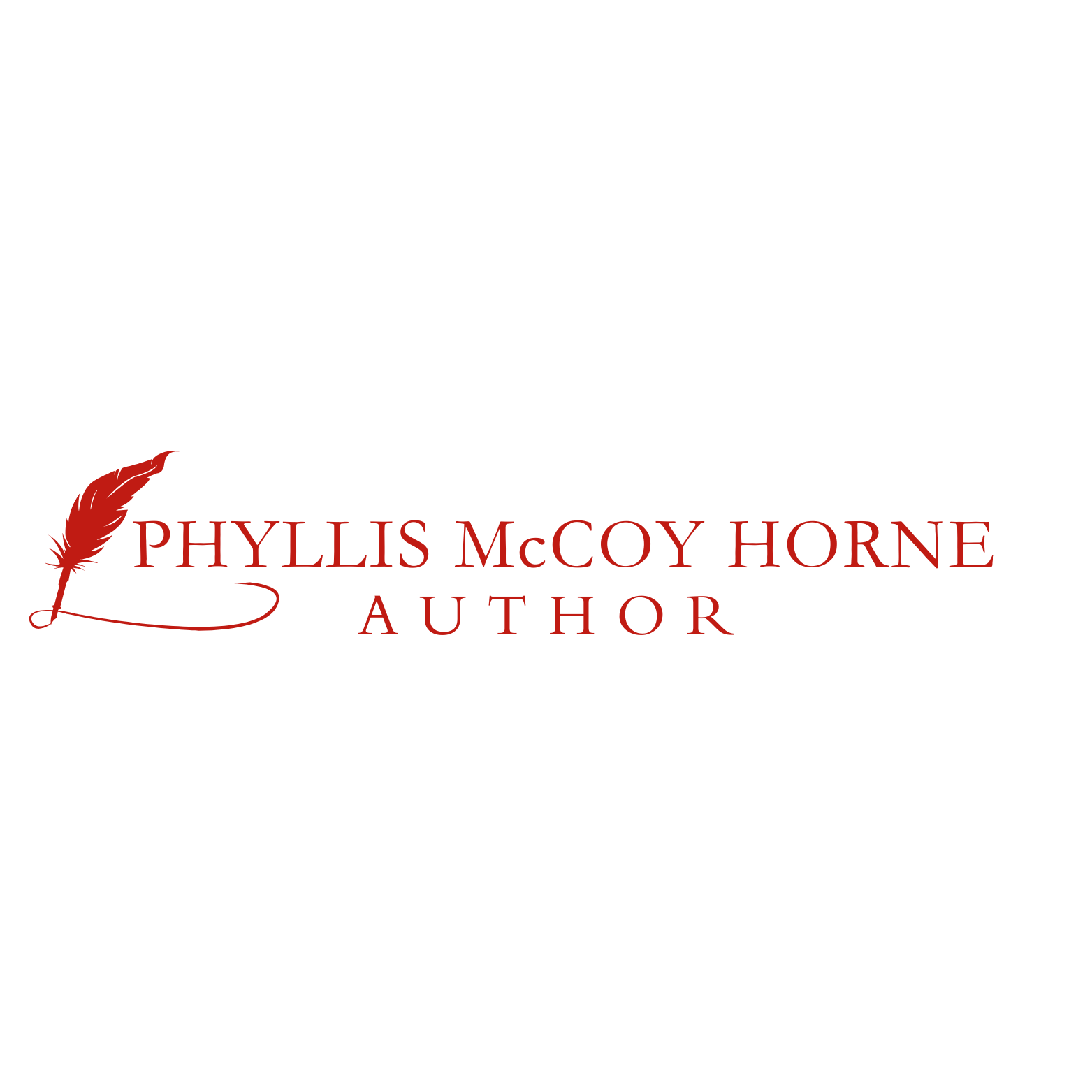Why Vanish? The Real-Life Moment That Sparked The Vanishing Series
- Phyllis Horne

- Dec 3, 2024
- 2 min read
Updated: Aug 10, 2025
It was 3 a.m., and I couldn't sleep. My mind kept circling one question: What if I was found guilty of something I didn't do?
Years ago, a professional competitor—someone with power, clout, and no apparent conscience—accused me of something false. Not just a whisper campaign. A threat with legal teeth. I stayed calm in public, followed the proper channels, told myself there was no way the accusation would hold. But at night, the quiet got louder. What if reason didn't win?
That's when my mind turned somewhere unexpected. Not to revenge. Not to righteousness. But to disappearance.
What would I do if the worst happened? If my name was ruined, my career gone, my future rewritten by a lie? With no desire to spend a few years in an orange jumpsuit, how would someone like me—no knowledge of the underworld, no access to shady characters who could create a new ID for me—vanish? Not out of guilt, or to avoid deserved consequences, but to survive?
That question was the first seed of The Vanishing Series.
The main character, Mia Evanescence, doesn't run from a professional rival like I feared I might need to. Instead, she runs from her husband Aleksanteri Hasapis, a charming, sophisticated Greek diplomat with diplomatic immunity and a public persona that masks a violent, controlling man with dangerous connections to organized crime. The threat is different, but the core fear is the same—what happens when the systems that should protect you might fail?
It took a year from the moment the question first occurred to me, about me, before I began writing the first book. And even longer than that to see that writing Mia gave me a way to metabolize my own fear. Not just the fear of being falsely accused, but the deeper fear that, in the wrong hands, the truth might not matter. That someone's narrative—louder, faster, more well-connected—could erase mine. That survival might require silence. And strategy. And ultimately, escape.
A professional threat isn’t the same as domestic violence. But I’ve known both—through friends, family members and even a few strangers. Some escaped; some didn't. They all taught me something about courage. I wrote The Vanishing Series with all of them in mind, too.
Mia's journey is fiction. But it was born from something true. That middle-of-the-night moment when your life feels like a game of Jenga—one more move and the whole thing could collapse.
For me? I didn't have to vanish myself. I stood my ground. The threat passed. But something in me changed. I understood, in a new and sobering way, how vulnerable we all are to the stories other people tell about us. And how vital it is to be able to tell our own.
That's what Mia does. She vanishes to survive—but in doing so, across the five book series, she finds herself. And helps others do the same.
If you've ever imagined what it would take to hit reset ... if you've ever thought about leaving it all behind—not out of weakness, but to reclaim your power—Mia's story might speak to you.
It certainly spoke to me: Loudly enough and for long enough that I finally had no choice but to write it.




Comments